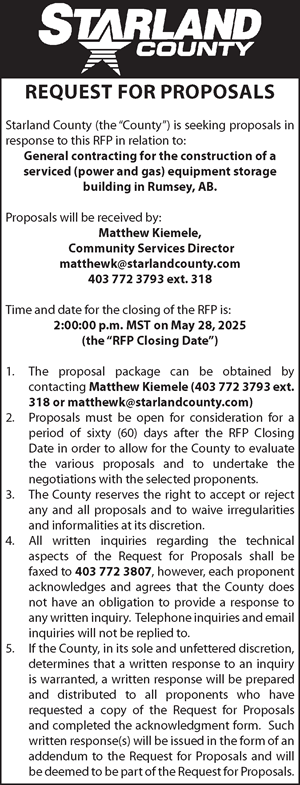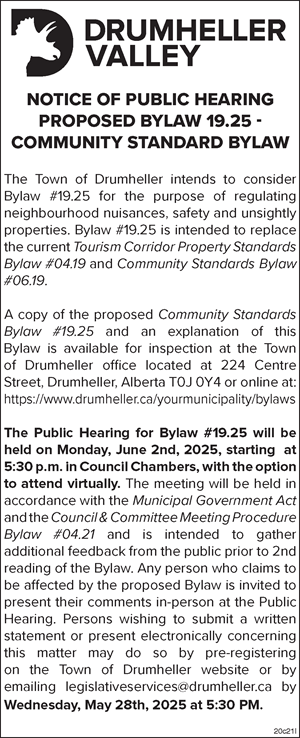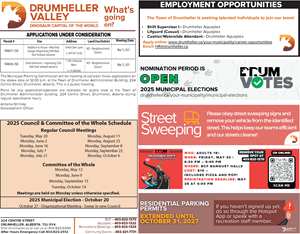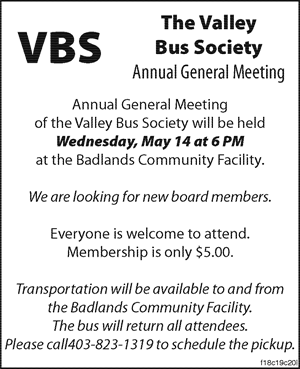
Dear Working Wise:
Is my company allowed to reduce my rate of pay when my job responsibilities haven’t changed and I haven’t had any disciplinary issues? Does it matter if the company or franchise has come under a new owner? Are they still allowed to cut my pay? Signed, Upset at Work
Dear Upset:
I wish I had better news for you, but yes, your employer can reduce your rate of pay.
Your compensation is a matter that you, or in some cases your bargaining unit, negotiate with your employer. The only exception might be if you are working under a contract that guarantees you a certain minimum wage.
Alberta’s Employment Standards, however, do require employers to give you adequate notice of the pay change and comply with Alberta’s minimum-wage laws.
An employer who wants to reduce an employee's pay must notify the employee before the pay period begins.
If you would like to learn more about protections for workers and their earnings, visit
http://humanservices.alberta.ca/working-in-alberta and read the Employment Standards fact sheets on Payment of Earnings and Minimum Wage.
If you have any other questions, I encourage you to call the Employment Standards contact centre, toll-free, at 1-877-427-3731.
Everyone wants to feel like they are being treated fairly at work. Knowledge is power. If you do not feel that you are being offered a competitive salary at your current job, do a little research.
Check out the 2011 Alberta Wage and Salary Survey, which covers more than 400 occupations, at www.alis.alberta.ca/Wageinfo.
Visit www.monster.ca and use their online salary wizard, which allows you to check salary ranges by occupation and geographic location.
Check current job postings or try talking to someone in a similar job or field. You can also try checking to see if your professional association conducts salary surveys or tracks the trends.
Your research might help you build a compelling case for a raise or help you decide if it is time to look for a job elsewhere.
Good luck!
Do you have a work-related question? Send your questions to Working Wise, at charles.strachey@gov.ab.ca. Charles Strachey is a manager with Alberta Human Services. This column is provided for general information.

.jpg)





















